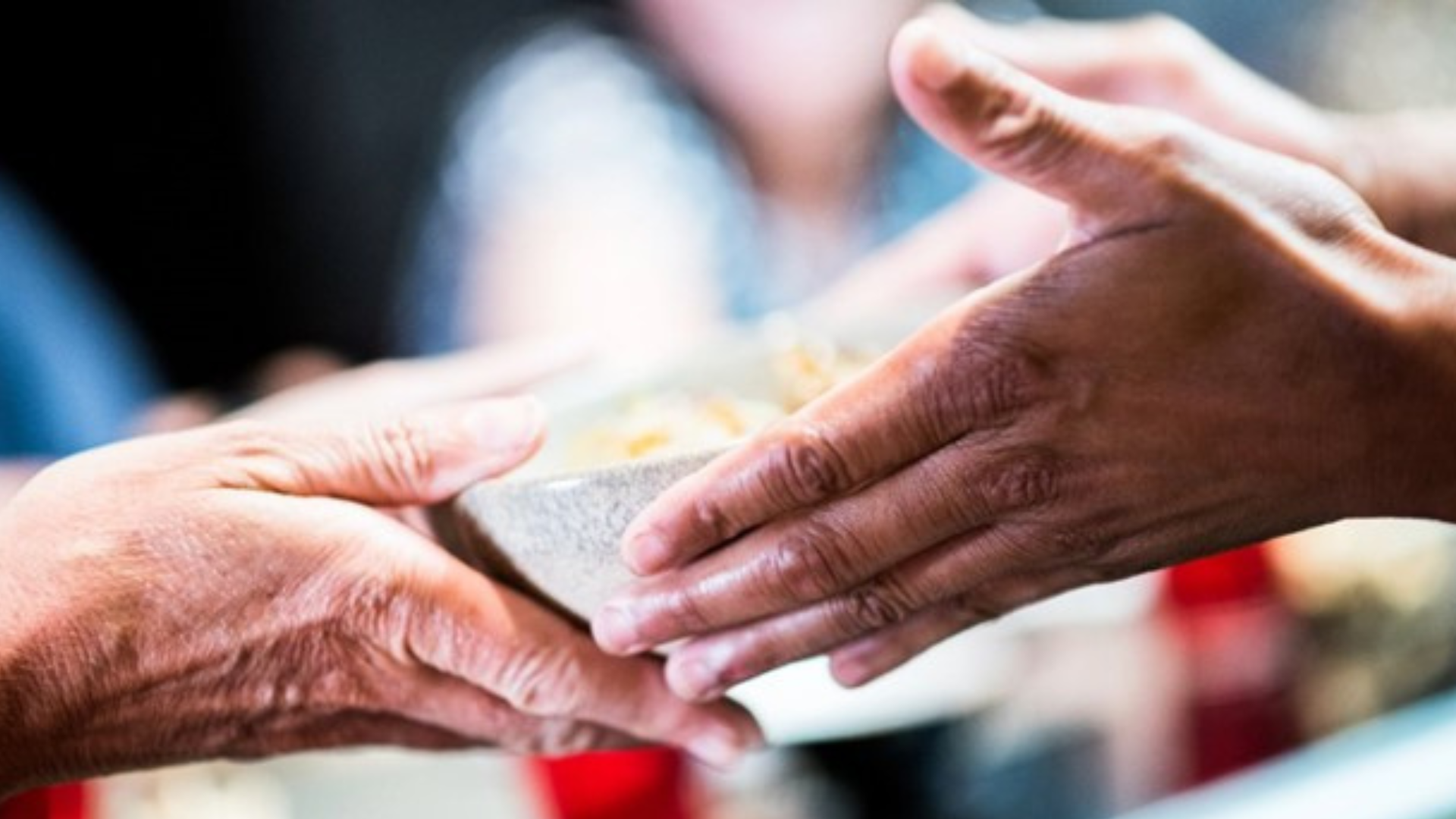
This article was originally published by South Seattle Emerald (SSE) on February 9, 2024; Philanthropy Northwest has cross-posted it here with their permission. See the original piece on SSE's website.
The past several years have tested our communities in unimaginable ways and revealed fractures in our social safety system that were more like sinkholes. Millions of families were suddenly without an income, isolated from support and thrust into scarcity. While the acute pandemic crisis may have passed, many of these social sinkholes have yet to be repaired, and in our region, they have widened.
The urgency with which we must address these problems is mounting as federal funding for pandemic support declines. However, this is not a task for any one organization, foundation or business alone. It is a challenge that can only be met with communal action, investment and trust.
South King County knows this story well.
One of the hardest-hit areas during the COVID-19 pandemic, South King County saw infection rates that were eight times higher than north Seattle or the Eastside. According to census reports, while this area boasts the greatest levels of racial diversity, it also tends to report lower median incomes. Eighty percent of the highest-risk communities for prolonged hardship in an economic crisis exist here. This has meant that BIPOC communities and those with lower incomes have borne the brunt of the pandemic fallout.
King County’s 2023 food insecurity report also noted that food insecurity is more prevalent in South King County compared with other regions.
Our recent survey at the Renton Regional Community Foundation found that the level of need here is high and continues to grow in three major areas: food access, rental/housing security and culturally appropriate mental health services.
For the third year in a row in our survey, 91% of the 43 nonprofits surveyed reported increased demand for basic services over the prior year.
These nonprofits support new immigrants, parents in need of rental assistance, domestic violence survivors, families facing food insecurity and many others.
For the majority of these organizations, the escalated demand is overwhelming. Despite efforts to increase capacity, 58% reported they are unable to meet demand because of the long-term impacts of COVID-19 on their communities, lack of funding and insufficient staff.
While these trends are alarming, there has been a silver lining — collaboration among these organizations has dramatically increased in the past three years, and new relationships are producing creative approaches to community needs.
For example, thanks to a partnership between the Afghan Health Initiative (AHI) and HealthPoint, pregnant women are receiving culturally relevant prenatal care. “We simply couldn’t reach these people before,” a HealthPoint advocate said at a recent Trust-Based Philanthropy in Community event. “We rely on organizations like AHI to meet these communities where they are.”
Collaboration is essential because none of the issues facing our communities exists in a silo. Hunger, housing insecurity and mental health needs are entwined. Without a consistent roof over one’s head, mental health suffers, and if cash is scarce for housing, it’s almost certainly equally scarce for purchasing healthy, nourishing foods.
What community leaders stress as equally essential, and what the data clearly illustrates, is that progress requires seeing our communities as incubators of their own solutions. Funders and individual donors must walk alongside as partners.
Our communities need donors with the vision and commitment to provide multiyear, unrestricted funding, particularly to smaller organizations closest to their communities - giving that is rooted in trust, community wisdom and community collaboration. The benefits of a vibrant, thriving South King County are not only felt by the people who call it home but for anyone in the greater region with a stake in our shared humanity. As community leader Linsay Hill said, “South King County is a huge place of opportunity to steward what the future is going to look like, not only for this region but for this country. Our futures are interwoven.”


